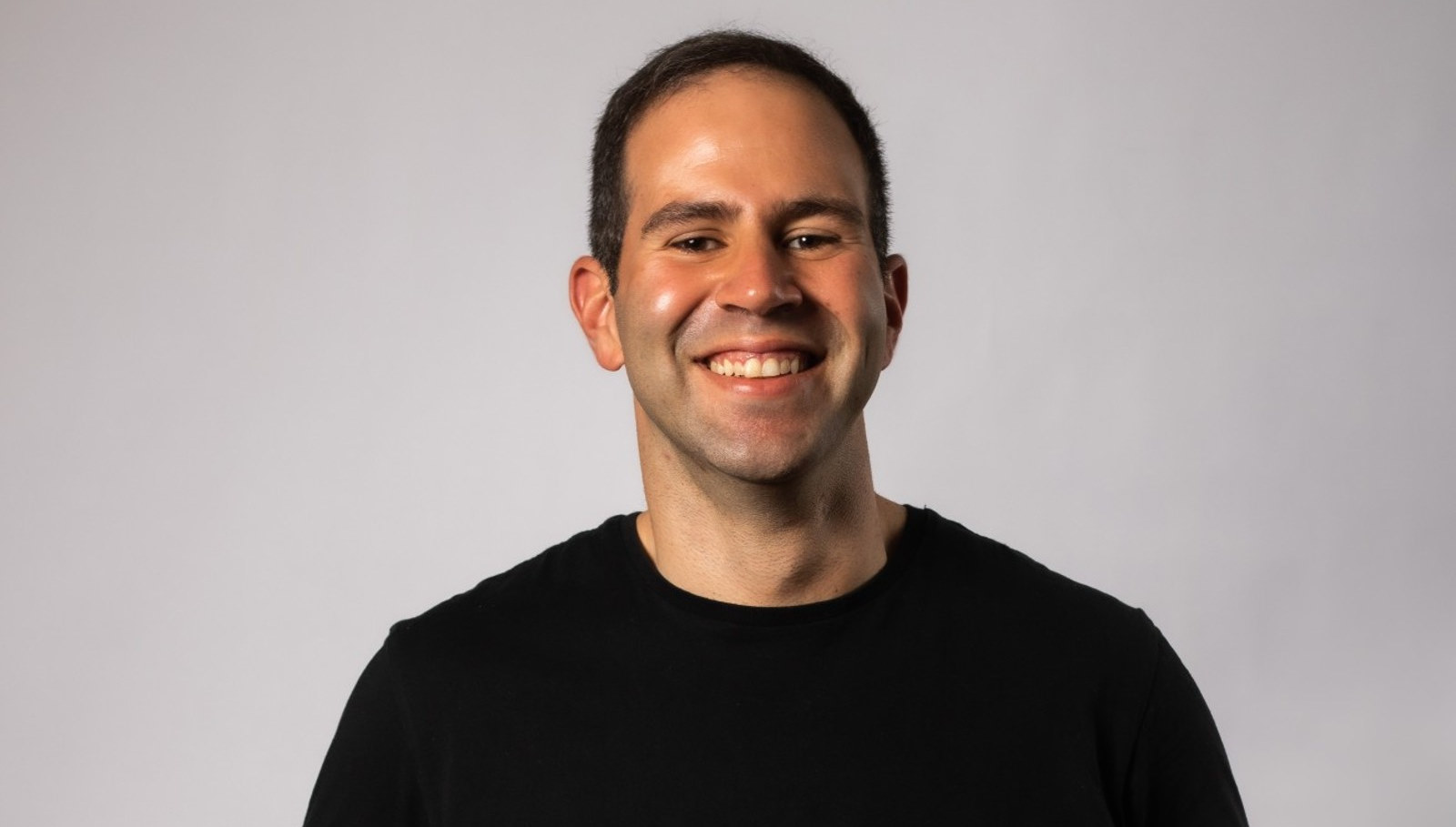Tackling structural inefficiencies to save energy in emerging markets

My name is Ahmed Ashour (LinkedIn) and I’m the CEO and cofounder of Egypt’s Pylon.
I started my professional career working at Sewedy Electrometer, a metering solutions and services firm that helps electricity, water and gas utility firms with revenue collection, network loss reduction and load management. As the commercial director of the company, I covered emerging markets, including the Philippines, Ethiopia, Brazil, as well as Egypt. I noticed a gap when it came to solutions and software developed and tailored for emerging markets.
This led my cofounder and I to build Pylon in 2017: When my cofounder Omar Rady and I were looking at data meter management for utility companies we looked at what was coming out of the big five players, including Siemens, Schneider, Oracle. We found that their offerings do not cater to the challenges we face in emerging markets. Electricity theft, for instance, is virtually unheard of in the developed world. It is quite prevalent in emerging markets. We then started building our product from there.
The main challenge for water and electricity providers are revenue losses stemming from structural inefficiencies. These losses amount to USD 2 bn per year in Egypt alone, and some USD 400 bn in EMs. The lost revenue is a consequence of inefficient revenue collection, electricity or water theft from tampering and leakages or technical losses.
How we tackle the efficiency gap: We provide software that is able to detect even the most technical systemic inefficiencies by analyzing copious amounts of data.
Globally deploying Pylon’s products would reduce carbon emissions from electricity grids by 25%, according to our calculations.
We also integrate renewable energy sources on the grid across the emerging markets we operate in. Similarly, by detecting leakages or technical losses happening across networks, we enhance energy efficiency.
There are three KPIs we focus on: On the operational side, we focus on our data collection and the efficiency of our solution on the ground. These metrics are crucial because they clarify how quickly we can scale our offerings through different utilities. On the commercial side, we focus on how fast we can land customers. We operate in a business with a long sales cycle, so being able to reduce this cycle is essential.
We raised a total of USD 19 mn in a seed funding round led by Endure Capital, Cathexis Ventures, Khwarizmi Ventures, LoftyInc Capital and a mix of angel investors, last April.
We bootstrapped Pylon from 2017 up until we joined startup accelerator YCombinator (YC) in 2021. The self-funded route was very tough, but we learned a lot from it. Joining YC proved to be a life-changing experience. They helped us navigate and overcome the challenges we faced, and enabled us to connect with a multitude of interested, high caliber investors. I think investors bring a lot to the table, including their perspective on what could go wrong. Having someone poke holes at your business and tell you what could go wrong is eye-opening.
Future and current funding plans: We originally planned to have another funding round again by the end of 2022, but, given the economic meltdown, we decided to put those plans on hold. We are currently actively raising debt and equity from different financial institutes, including commercial banks and development institutions.
Short term and long term goals: In the short term, we want to expand into new emerging markets. We currently operate in three countries and want to increase that number to seven developing countries. We also want to maintain our revenue growth levels of no less than 250% y-o-y. My long term goal is to be a “gigacorn” startup — one that reduces the world's emission by one gigatonne (1 bn tonnes) per year.
I really hope that COP27 and COP28 will inspire new green startups to come to existence in the region. I haven’t seen a lot of interest on the startup level yet, regionally speaking.
I think a climate-focused sector that should get more attention in coming years due to its importance is agritech. The adverse side effects of climate change will ultimately lead to food insecurity.
When we become a gigacorn, an IPO would be the go-to exit strategy. I would prefer to be listed in the NYSE, or somewhere in Europe, depending on the investment appetite at the time. Plan B would be the acquisition route.
To relax, switch off from work and stay sane, I work out, spend quality time with family and friends and do a lot of reading. The last great thing I read was Blitzscaling by Ried Hoffman and Chris Yeh. The book brilliantly delves into the different phases of a startup’s journey. It also expertly educates founders and would-be founders about the best strategies and practices to excel at every one of those stages.